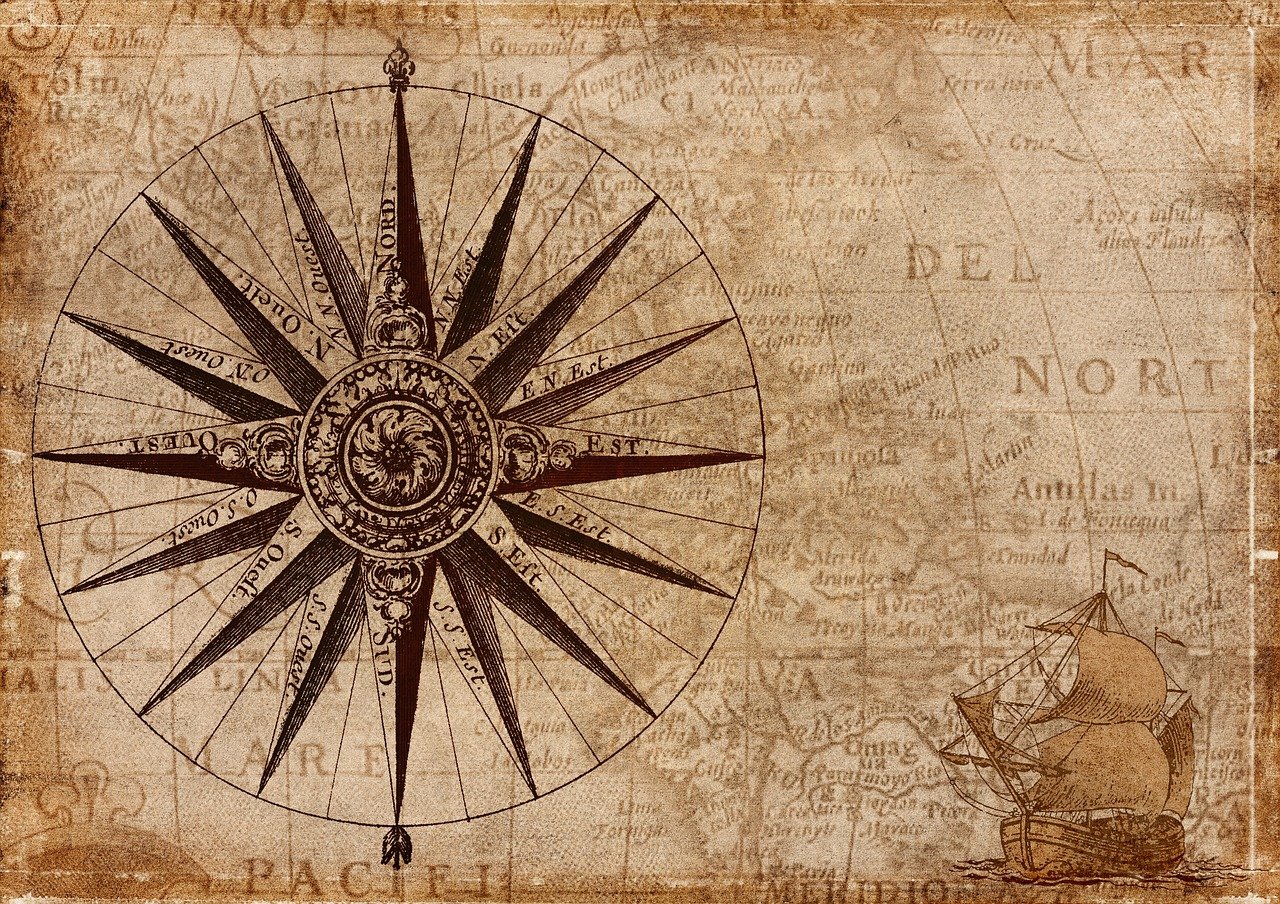Proclus (411-485)
Proclus (411- 485), often referred to as Proclus Lycaeus or Proclus Diadochus, stands as one of the towering figures of late ancient philosophy.
Living during the 5th century CE, he is widely regarded as one of the most influential thinkers in the Neoplatonic tradition, a philosophical movement that began with Plotinus in the 3rd century. Proclus’ work, deeply rooted in the metaphysical and cosmological inquiries of Plato, sought to systematize and expand upon his predecessors’ teachings, blending elements of philosophy, theology, and mysticism.
This introduction aims to explore the life, thought, and legacy of Proclus, shedding light on how this late Neoplatonist philosopher both preserved and transformed the rich intellectual heritage of the classical world.
Table of Contents
The Life of Proclus
Proclus was born in 412 CE in Constantinople, the capital of the Eastern Roman Empire, into a well-off Lycian family. From a young age, he was exposed to a broad spectrum of education, including rhetoric, grammar, and law. However, his true passion was philosophy. He studied first in Alexandria, which was an intellectual hub of late antiquity, and then moved to Athens, where he was drawn to the famed Platonic Academy. It was there, under the tutelage of Plutarch of Athens and Syrianus, that Proclus immersed himself in the Neoplatonic tradition.
In time, Proclus succeeded Syrianus as the head of the Academy, a position of great influence. He lived during a period of religious and political transition, where paganism, the traditional religious framework of ancient Greece and Rome, was being steadily overtaken by Christianity. While Proclus himself adhered to a form of paganism deeply intertwined with Neoplatonism, he showed a profound respect for other religious traditions, particularly Christianity, and incorporated elements of diverse philosophical and theological systems into his own.
Proclus was not merely a philosopher in the academic sense but also a spiritual figure. He practiced theurgy, a set of rituals aimed at invoking the divine and attaining spiritual illumination. His integration of theurgy into Neoplatonism marked a significant development, as it symbolized the unification of philosophical reason and religious experience. In this way, Proclus saw himself not only as a scholar but also as a mystic seeking personal union with the divine.
Proclus’ Philosophical System
Metaphysics and the One
At the core of Proclus’ philosophy lies a highly developed metaphysical system rooted in the ideas of his Neoplatonic predecessors, particularly Plotinus.
Central to this system is the concept of the “One” (also referred to as “The Good”), which for Proclus, as for Plotinus, is the ultimate source of all reality. The One is completely transcendent, beyond being, thought, and description. It is simple, indivisible, and the origin of everything that exists.
From the One emanates a series of descending levels of reality. The first emanation is the “Nous” (or Intellect), which is the realm of perfect, immutable forms and ideas—the archetypes of all things.
Following the Nous is the “Soul,” a more dynamic and divided principle responsible for life, movement, and the material world. For Proclus, this metaphysical hierarchy not only explains the structure of reality but also serves as a spiritual map for the soul’s ascent back to unity with the divine.
The Role of Theurgy
While Proclus’ metaphysical structure largely follows the tradition of earlier Neoplatonists, he introduced a novel and controversial element to his system: theurgy. Theurgy, a practice that involves performing sacred rituals to invoke the gods and ascend to higher levels of reality, was seen by Proclus as essential to achieving unity with the divine. He believed that reason alone, while important, could not lead to the ultimate goal of philosophy—union with the One. Instead, a combination of philosophical contemplation and theurgic rites was necessary to transcend the limitations of the material world.
This emphasis on theurgy distinguished Proclus from other philosophers of his time and cemented his reputation as a spiritual as well as intellectual figure. It also underscored his belief that true knowledge was not merely an abstract intellectual exercise but an experiential process of spiritual purification and ascent.
Proclus as a Commentator
One of Proclus’ most significant contributions to philosophy was his role as a commentator on earlier texts, particularly those of Plato. His commentaries on works such as The Republic, Timaeus, and Parmenides were not mere explanations of these texts but deep, philosophical explorations that sought to connect Plato’s ideas to a larger metaphysical system. Proclus aimed to demonstrate the coherence of Plato’s thought and its compatibility with Neoplatonism.
In his commentary on Timaeus, for example, Proclus delved into cosmology, offering an elaborate interpretation of the creation of the cosmos. He argued that the cosmos is a living being, animated by a World Soul and structured according to divine principles. His commentary on Parmenides is especially significant for its intricate metaphysical analysis, where Proclus used Plato’s dialogue as a springboard to elaborate his own system of metaphysical hierarchies.
These commentaries not only preserved important philosophical insights but also played a vital role in the transmission of Platonic thought through the centuries. Many later scholars, both pagan and Christian, drew on Proclus’ commentaries, ensuring that the legacy of classical Greek philosophy would endure in medieval and Renaissance thought.
Proclus’ Legacy
The intellectual legacy of Proclus extends far beyond his own time. In the centuries after his death in 485 CE, his works continued to be studied and debated by Christian, Islamic, and Jewish philosophers. Figures such as Pseudo-Dionysius the Areopagite, a Christian mystic whose writings heavily influenced medieval Christian theology, were deeply indebted to Proclus’ metaphysical system. In the Islamic world, scholars like Al-Farabi and Avicenna engaged with Proclus’ works, particularly his metaphysics and cosmology. Jewish thinkers, including the philosopher Maimonides, also interacted with Proclus’ ideas, albeit often indirectly through their engagement with Islamic philosophy.
During the Renaissance, Proclus’ thought experienced a revival, particularly among scholars in the Platonic Academy of Florence, such as Marsilio Ficino. His works were translated into Latin, and his metaphysical ideas inspired a renewed interest in Neoplatonism as a framework for understanding the cosmos and the soul’s relation to the divine. Proclus’ influence is thus felt in the development of Christian mysticism, medieval Scholasticism, and Renaissance humanism.
Weekly Popular
Newsletter
Subscribe to our newsletter to stay up-to-date on our latest news and announcements.






